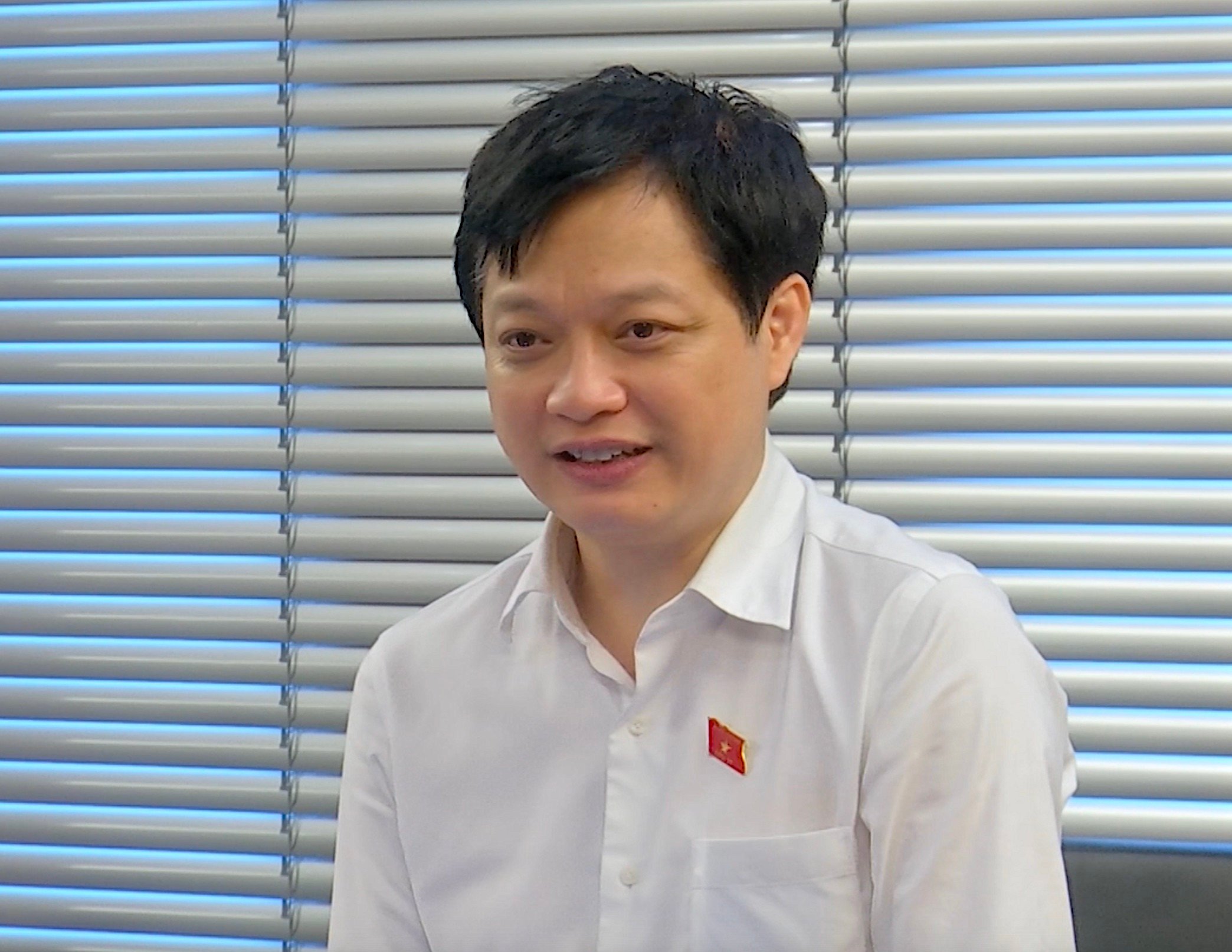 |
| Delegate Nguyen Hai Nam spoke at the discussion session in the group. |
On the morning of May 23, the National Assembly discussed in groups the socio -economic situation, the state budget and many outstanding issues in early 2025. The delegation of National Assembly deputies (NA deputies) from Hue city and the provinces of Thai Nguyen, Lang Son and Kien Giang discussed in group 7.
Focus on investment in R&D and key industries
Delegate Nguyen Hai Nam (National Assembly Delegation of Hue City) affirmed that in the context of a rapidly changing world in technology, Vietnam needs to clearly identify key industries to focus on investment, especially in areas such as electronics, semiconductors, automobiles, and high technology.
According to Mr. Nam, many countries in the region such as Malaysia, the Philippines, and Indonesia have made strong breakthroughs thanks to the strategy of promoting research and development (R&D).
"To develop R&D, resources are needed. The production function must have capital, land, factories and high-quality human resources. To grow by 8-10%, investment equivalent to 38% of GDP, or about 240 billion USD, is required. This is a big problem that requires synchronous mobilization of both public and private capital sources," Mr. Nam analyzed.
Regarding public investment, Mr. Nam suggested that it is necessary to continue to remove procedures, especially shortening the process of approving investment policies. Regarding the private sector, delegates proposed to flexibly regulate the corporate bond channel to avoid "over-tightening" which would freeze the market.
The issue of human resources was also emphasized by delegate Nguyen Hai Nam, with the assessment that the rate of workers with intermediate qualifications is only about 26%, not meeting the expectations of foreign investors. He recommended promoting vocational training, linked to production reality and the trend of shifting global supply chains to Vietnam.
Besides industry, tourism is considered by delegate Nguyen Hai Nam as a field with great potential but has not been effectively exploited. "In 2019, tourism contributed 9% of GDP, creating more than 8 million direct and indirect jobs, but by 2024, the number of international visitors will only reach half of Thailand. It is necessary to invest in infrastructure, improve visas, promote promotion and especially digitize tourism experiences," he said. In particular, the delegate emphasized the factor of sustainable development: "Experience from Korea and Taiwan shows that hot growth can be accompanied by inequality, environmental pollution, family breakdown, violence... The economy is developing strongly but the social front cannot be forgotten".
Tighten resource management, handle public assets after merger
Speaking at the group, delegate Nguyen Thi Suu, Deputy Head of the National Assembly Delegation of Hue City, highly appreciated the Government's efforts in practicing thrift and fighting waste.
Ms. Suu said that in 2024, the whole country will save more than 64,000 billion VND, coming from 32 ministries, 63 provinces and cities, and 20 corporations and general companies. However, there are still three areas that need special attention: Resources, public assets, and regular expenditures.
Ms. Suu emphasized: "Although the revised Land Law has come into effect and the Prime Minister has issued an implementation plan, violations in land, mineral and environmental management are still common. They cause water and air pollution, affecting sustainable development."
Delegates suggested tightening the licensing process for resource exploitation, avoiding widespread or prolonged licensing. "Licensing should only be granted to capable organizations and individuals, while inspections should be strengthened and violations should be strictly handled," she said.
Regarding public assets after the merger of administrative units, delegate Nguyen Thi Suu warned of the risk of great waste if there is no early solution. "Many administrative headquarters will be redundant, if there is no mechanism to resolve it, it will affect development investment and cause loss of public assets," she noted.
In terms of finance, she suggested that it is necessary to ensure regular expenditure for cadres after the merger, while prioritizing infrastructure investment for newly formed communes and districts, avoiding overlapping or interrupted investment. Another content that Ms. Suu highlighted was stimulating consumption: "People's purchasing power is decreasing, affecting income and growth. Without timely solutions, it will be difficult to achieve the target of GDP per capita of 5,000 USD by 2025". She proposed a solution to link production - circulation - consumption, encouraging the role of people, businesses and the State to participate.
Invest in infrastructure and manage tutoring properly
Delegate Nguyen Thanh Hai, Head of the National Assembly Delegation Affairs Committee, highly appreciated the leadership and management role of the Government, especially the Prime Minister.
Ms. Hai cited action slogans such as "overcoming the sun to overcome the rain" and "working during the day is not enough, take advantage of working at night" as evidence of a fierce working spirit.
"I used to be a local leader so I understand that without the Government's direction, projects like the Bac Son route cannot be implemented," she said, citing an example of a route that was 90% completed but had not yet been finalized due to a lack of lighting and drainage systems. Thanks to close direction, many projects like TISCO (Thai Nguyen Iron and Steel) or Bac Son have been cleared, creating momentum for growth.
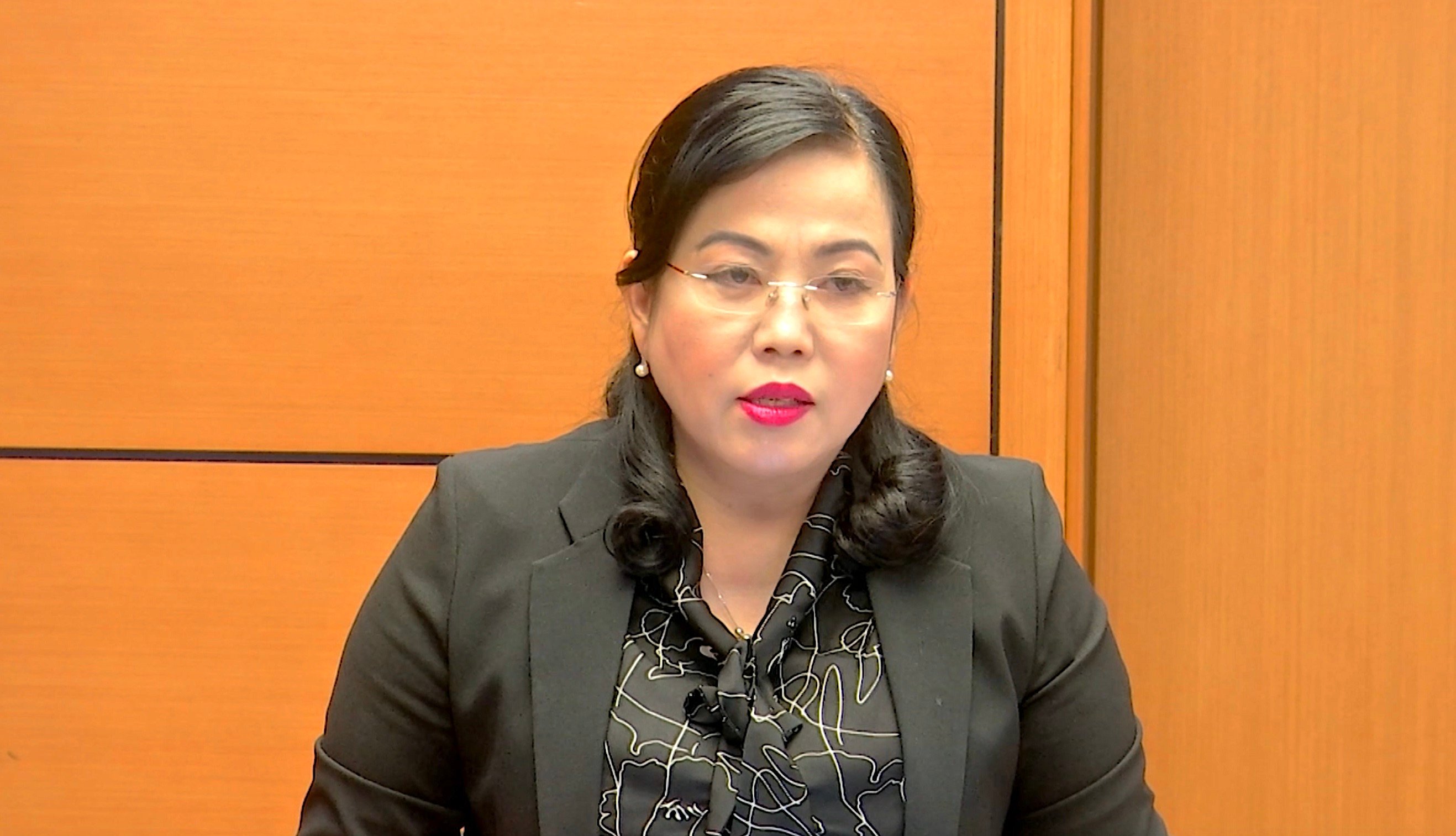 |
| Delegate Nguyen Thanh Hai, Head of the National Assembly Delegation Affairs Committee, participated in the discussion. |
Ms. Hai compared infrastructure investment to "sowing seeds" that will bring "fragrant flowers and sweet fruits" in the future. Turning to the field of education, she stated her opinion: "Extra teaching and extra learning are legitimate needs that cannot be completely banned." She shared that many students need extra learning to consolidate their knowledge, which is completely healthy. However, there are also distortions, such as extra teaching in private homes near schools, where conditions are not guaranteed. Therefore, delegate Nguyen Thanh Hai supports the plan to manage extra teaching through licensed centers. "There must be tables, chairs, lighting, and appropriate number of students. There needs to be clear regulations, strict but flexible management," she suggested.
Ms. Nguyen Thanh Hai also emphasized the supervisory role of the Ministry of Education, the Ministry of Finance and local authorities to avoid unreasonable price increases due to high demand for extra classes.
Regarding Circular 29 of the Ministry of Education and Training, delegate Nguyen Thanh Hai assessed that it is timely, but it is necessary to consider the regulation prohibiting teachers from giving extra lessons to students in their own class because it can cause disadvantages for weak students who need the closest support.
Source: https://huengaynay.vn/chinh-tri-xa-hoi/theo-dong-thoi-su/phat-trien-phai-di-cung-tiet-kiem-chong-lang-phi-va-cong-bang-xa-hoi-153911.html






![[Photo] Top players gather at the 2025 Nhan Dan Newspaper National Table Tennis Championship](https://vphoto.vietnam.vn/thumb/1200x675/vietnam/resource/IMAGE/2025/5/23/9ad5f6f4faf146b08335e5c446edb107)

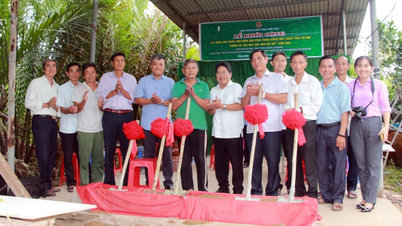

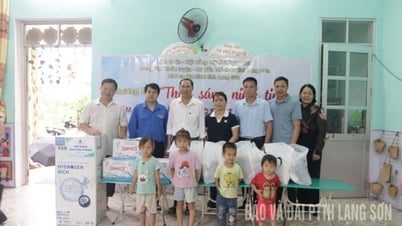

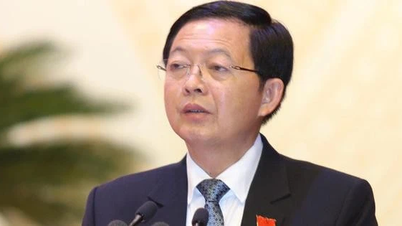

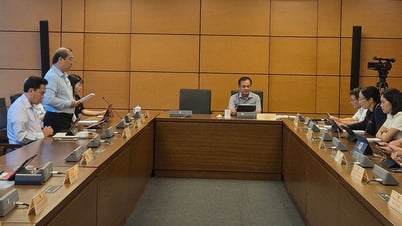


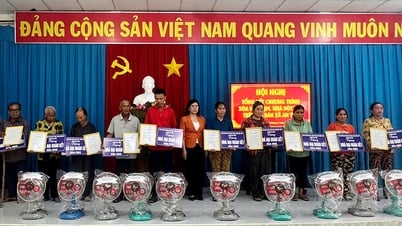




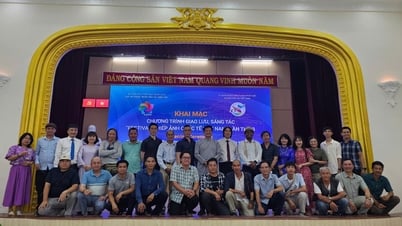
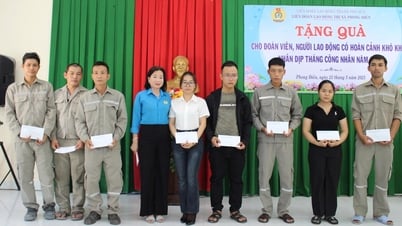



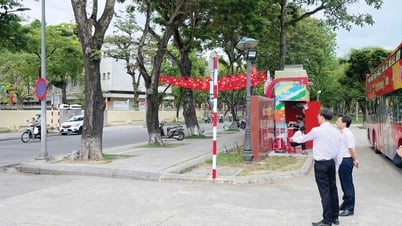















































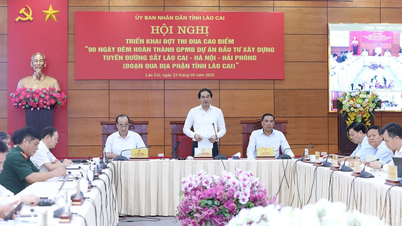





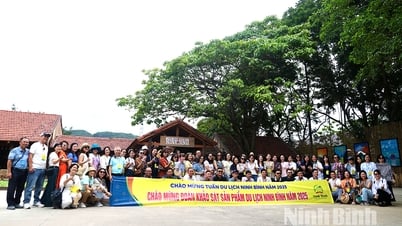










Comment (0)